
Claudia Duque lleva dos décadas luchando por la justicia tras ser perseguida y amenazada por agentes del gobierno. Ahora que el Estado planea ofrecer una disculpa, ¿por qué se niega a aceptarla?
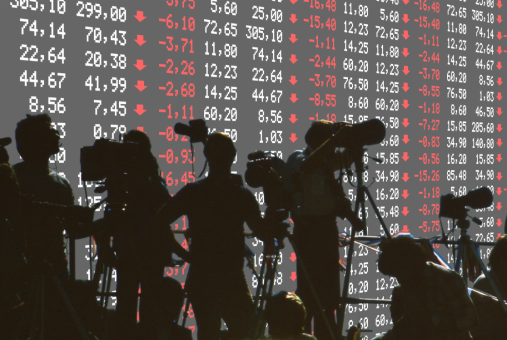
Según un nuevo informe de Reporteros sin Fronteras, el año pasado la inestabilidad económica perjudicó a los medios de comunicación en la mayoría de los países de América Latina. Nicaragua, bajo una dictadura cada vez más represiva, superó a Cuba como el peor país de la región en materia de libertad de prensa.
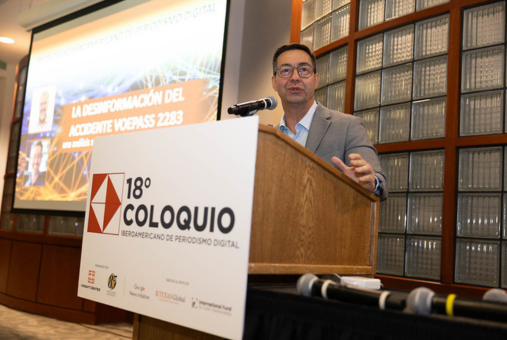
Académicos advierten que la libertad de prensa en América Latina se ve amenazada no solo por las dictaduras, sino también por gobiernos democráticos y el acaparamiento de medios. En el Coloquio Iberoamericano de Periodismo Digital, hicieron un llamado a respuestas innovadoras y colaborativas.
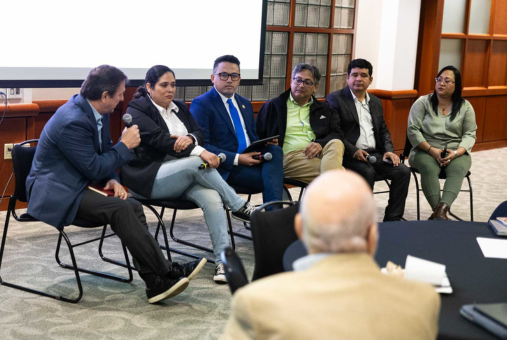
Ante la persecución sistemática del régimen de Ortega y Murillo, que obliga a redacciones enteras a huir, el exilio se ha convertido en una característica distintiva del periodismo nicaragüense. En el Coloquio Iberoamericano de Periodismo Digital, periodistas compartieron sus esfuerzos para informar, resistir y mantenerse a salvo.

Clarice Herzog, de 83 años, luchó durante décadas para demostrar que su marido fue asesinado durante la dictadura de Brasil. Pero sus asesinos siguen impunes.
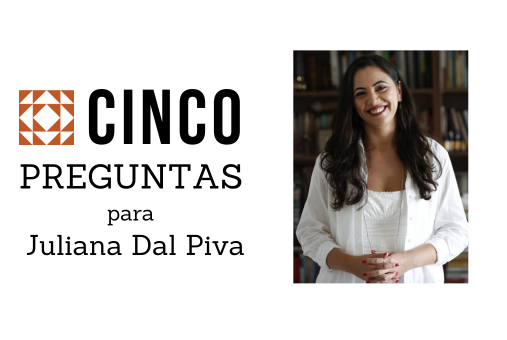
“Crimen sin castigo: cómo los militares mataron a Rubens Paiva” es el resultado de años de investigación e indagación periodística, reconstruyendo los hechos que llevaron a la muerte de Paiva. Dal Piva defiende la importancia de la memoria y la investigación periodística para comprender este oscuro periodo de la historia brasileña.

Un análisis de la publicidad oficial en 11 países de la región muestra cómo los gobiernos hacen mal uso de los fondos, recompensando a los medios leales y poniendo en peligro a los independientes.
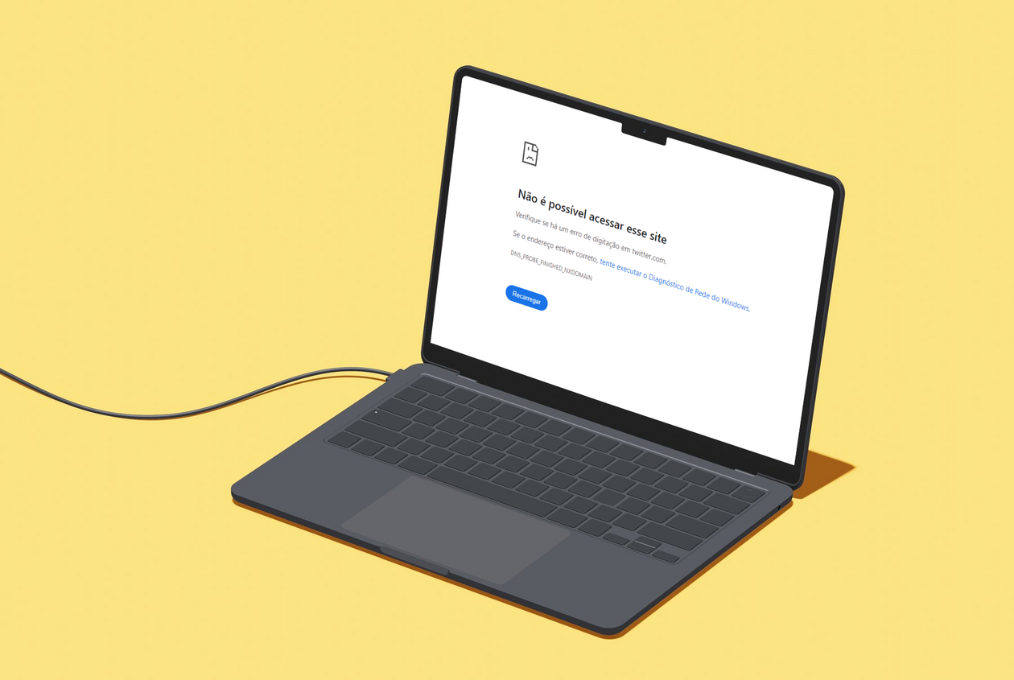
Hablamos con algunos de los principales periodistas en Brasil sobre el bloqueo de X. Muchos se sienten aliviados, pero uno dice: “hay un vacío en la cobertura que no sé cómo llenar”.
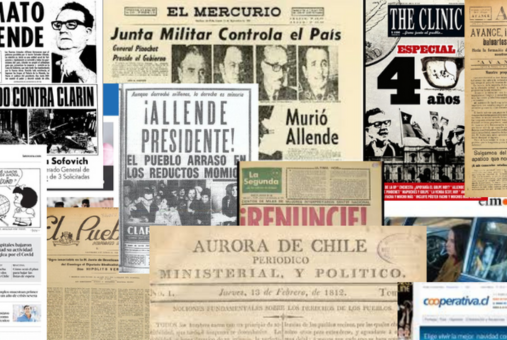
En el libro “Historia del Periodismo en Chile. De La Aurora a las Redes Sociales”, el autor Alfredo Sepúlveda explica a lo largo de más de 500 páginas cómo las tensiones entre medios, periodistas y poder político impregnan toda la historia del periodismo en el país.

Un nuevo informe de la Unesco confirma lo que muchos periodistas e investigadores han pensado: el periodismo de calidad es bueno para la democracia, la participación cívica y la rendición de cuentas. Además, la inversión pública en periodismo mejora la confianza de los ciudadanos y promueve los derechos humanos y el desarrollo sostenible.

La situación que viven los periodistas nicaragüenses es una de las peores de la región, y estuvo en el centro del debate, junto a ejemplos de resistencia y perseverancia ante la adversidad, en el panel “Periodismo en Nicaragua”, durante el 17º Coloquio Iberoamericano de Periodismo Digital.
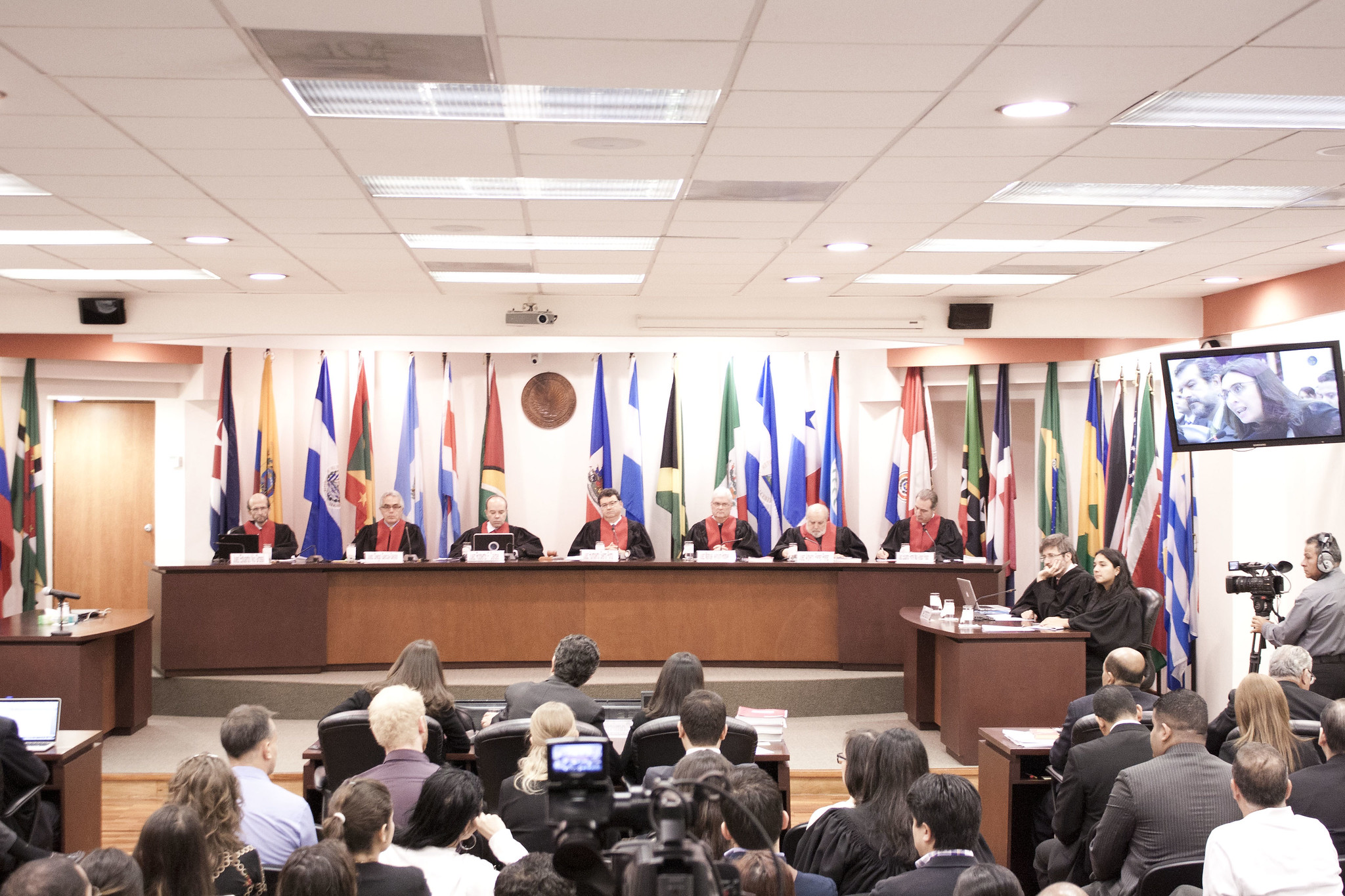
Por considerar que el Estado de Venezuela violó los derechos a la libertad de expresión y al debido proceso de los directivos, periodistas y otros trabajadores del canal RCTV, la Corte Interamericana de Derechos Humanos (Corte IDH) le ordenó al Estado, entre otras disposiciones, restablecer la señal de dicho canal y reparar a las víctimas por los daños causados.